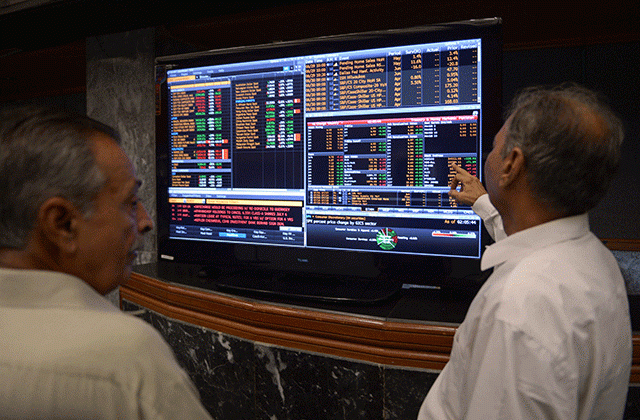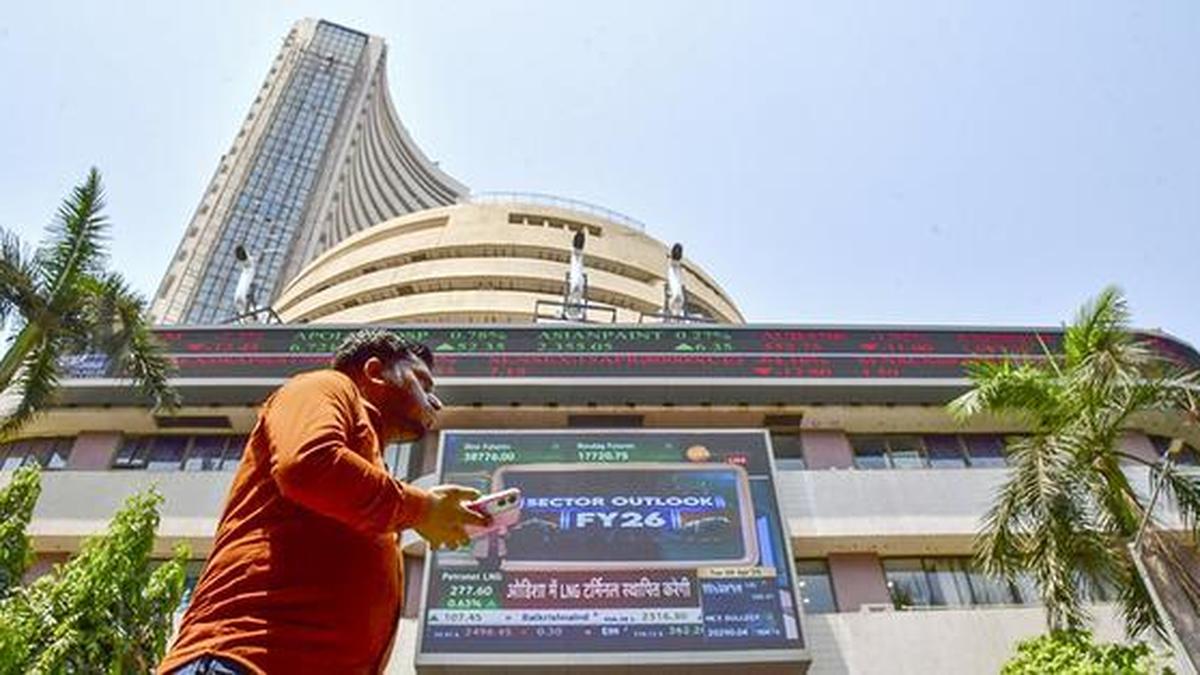WORLDWIDE:
Japan’s economy contracted for the first time in a year, shrinking faster than expected in the March quarter, government data showed on Friday.
The figures underscore mounting fragility in the country’s recovery, increasingly threatened by US President Donald Trump’s aggressive trade policies.
Real gross domestic product (GDP) declined by an annualised 0.7% in the January-March period, compared with a median market forecast for a 0.2% fall. On a quarter-on-quarter basis, GDP slipped 0.2%.
The contraction was driven by stagnant private consumption and falling exports, even before Trump’s April 2 announcement of sweeping “reciprocal” tariffs.
External demand subtracted 0.8 percentage point from GDP as exports fell 0.6% and imports rose 2.9%.
“The economy lacks a growth driver,” said Yoshiki Shinke, senior executive economist at Dai-ichi Life Research Institute. “It’s very vulnerable to shocks such as those from Trump’s tariffs.”
Japan’s Economic Revitalisation Minister Ryosei Akazawa voiced concern. “We must be mindful of downside risks to the economy from US tariff policy,” he told reporters.
He noted that household sentiment could suffer due to rising prices, further weighing on growth.
Private consumption, which makes up over half of Japan’s output, was flat, missing expectations for a 0.1% rise. However, capital expenditure rose 1.4%, exceeding forecasts and supporting domestic demand.
Despite a modest upward revision to last year’s final quarter growth (now 2.4% from 2.2%), analysts warned the overall outlook remains cautious amid global trade uncertainty.
Trump’s tariff moves—10% on general imports and up to 24% on Japanese goods starting July—have rattled Japan’s export-dependent economy.
Major automakers like Toyota and Mazda are already bracing for impact.
Toyota expects a 20% drop in profits this year, while Mazda delayed its earnings forecast citing policy uncertainty.
The Bank of Japan’s path forward is now clouded. While it raised rates in January, it slashed its growth projections at its May policy meeting, citing global risks.
“Early-year contraction is a reminder of Japan’s economic struggles,” said Stefan Angrick, head of Japan and Frontier Markets Economics at Moody’s Analytics. “Tariff pain and weak domestic momentum will weigh on growth ahead.”
Further rate hikes may hinge on the outcome of bilateral trade talks with Washington and whether Japan can win exemptions from US tariffs. “If the tariffs are harsh, the BOJ may need to pause,” said Takeshi Minami of Norinchukin Research.





